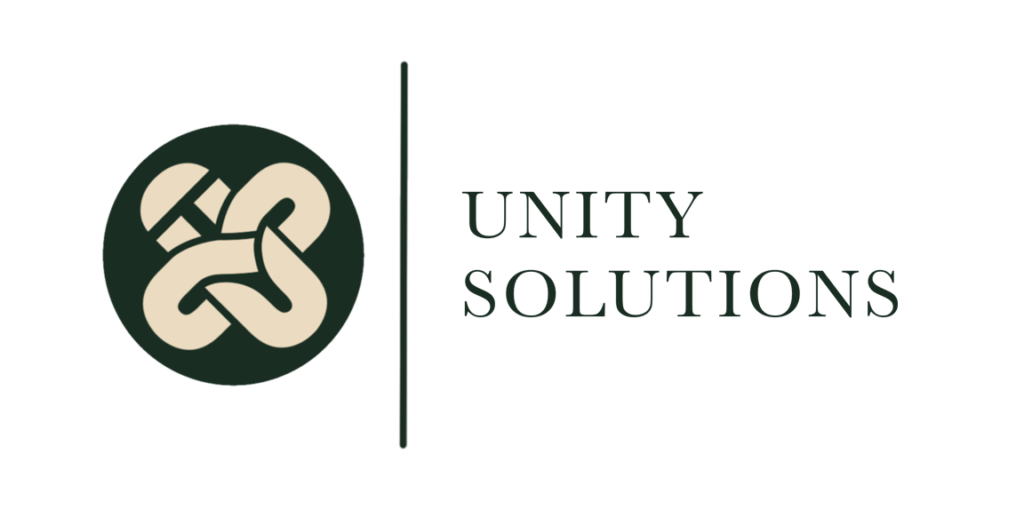Ben Hankinson, Lead Consultant
In today’s fast-paced corporate world, a toxic workplace culture can be the Achilles’ heel for even the most successful companies. As corporate executives and business owners, the responsibility to cultivate a positive, inclusive, and productive environment rests on your shoulders. Below are five strategic tactics to combat toxicity and pave the way for a healthier workplace culture.
1. Embrace Transparent Communication
Openness in communication stands as the cornerstone of trust and transparency within any organization. Leaders should prioritize creating channels where employees can freely express their concerns, suggestions, and feedback. This involves not just setting up these channels but actively encouraging their use and responding to the input received in a constructive manner. Regular updates from the top, detailing both successes and setbacks, further solidify a foundation of trust, ensuring every team member feels valued and informed.
2. Empower Employees with Autonomy
Empowerment is a powerful antidote to the helplessness that festers in toxic work environments. By granting employees more control over their tasks and the decisions that affect their work, you instill a sense of ownership and accountability. This autonomy leads to increased job satisfaction, motivation, and a collective responsibility towards the company’s goals, diluting the negativity that may have pervaded the workplace.
3. Refine Management of Systems (MOS)
A critical yet often overlooked aspect of improving workplace culture lies in the management of organizational systems. This involves a comprehensive review and overhaul of processes to ensure they promote efficiency, fairness, and clarity. From performance evaluations to workload distribution and career advancement opportunities, each system should be designed to support and uplift the workforce. By eliminating systemic ambiguities and ensuring equity, you lay the groundwork for a culture where merit and hard work are recognized and rewarded.
4. Cultivate Recognition and Reward
A culture of appreciation is instrumental in countering workplace toxicity. Acknowledging and rewarding the hard work and achievements of employees can significantly boost morale and foster a positive work environment. Recognition should be diverse in its expression, encompassing not only financial rewards but also public acknowledgment, awards, and opportunities for growth and development. Such gestures of appreciation convey the company’s genuine value for its employees, encouraging a more engaged and motivated workforce.
5. Focus on Professional Development and Consulting
Professional development and continuous learning are key to both individual growth and the overall health of the workplace culture. Investing in training for skills such as communication, leadership, and conflict resolution can vastly improve how employees interact with one another and manage challenges. Importantly, considering the employment of external consultants to assist with cultural transformation can offer a new perspective and specialized expertise. A consultant can identify underlying issues that may not be apparent from the inside and can provide targeted strategies and solutions to foster a more positive, cohesive work environment.
Transforming a toxic workplace culture into a thriving, positive one is a complex but achievable goal. By implementing these strategies, corporate executives and business owners can lead their organizations towards a more inclusive, productive, and satisfying future for all employees. The journey requires commitment, patience, and a willingness to adapt, but the rewards—a vibrant workplace culture where everyone can succeed—are well worth the effort.
